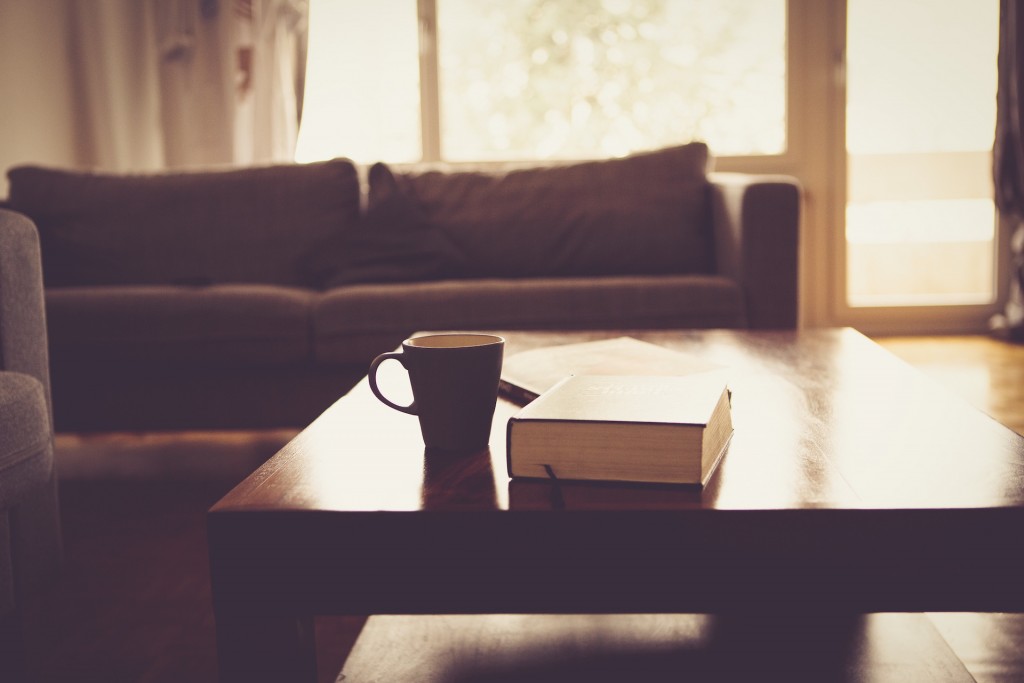Each May, my home town welcomes visiting Australian and international authors to the Sydney Writers’ Festival (SWF). It’s held Walsh Bay precinct, my favorite part of the city, where old maritime wharves have been converted into theaters, restaurants and waterside apartments. It’s also, blissfully, only a 10-minute drive from my home (at least on a good day).
Today, as I write, the sun is shining and Sydney Harbour sparkling, but on Thursday it was gray skies, rain and umbrellas-at-twenty-paces at for the first event I attended, called Fabulous Female Fiction.
For this session, best selling Australian author, Caroline Overington, interviewed three female publishers, whom I shall simply refer to as Annette, Danielle and Frederique. These women hail from leading publishing houses in Australia, the USA and France, respectively.
So what exactly is women’s fiction anyway? The answer, it seems, depends on which country you live in.
What Is Women’s Fiction, Anyway?
Danielle, from New York, described women’s fiction as a “wide ranging term,” spanning commercial fiction—romance and chick lit—right up to literary or “book club” novels. What these books have in common, according to Danielle, are strong relationships, high emotional stakes, relatable (but not necessarily likeable) heroines, and a family focus.
Frederique, on the other hand, said there was no such thing as women’s fiction in France, only “literature.” To the French a novel was a novel; that way there was no hierarchy, no “judgement”.
Perhaps that’s a good thing, because in Annette’s opinion there is a prejudice against commercial women’s fiction in Australia, with these novels and their authors largely ignored by reviewers and the organizers of literary events (a quick scan of the SWF program seems to confirm this). Yet to Annette these books frequently offer their readers “intelligence, warmth and heart”.
Each of these women stressed that prejudice against commercial fiction was in no way felt by the publishers themselves. With commercial fiction outselling its literary counterpart by a wide margin they’d be fools if they did.
The Bread and Butter of Fiction Publishing
If you write, or aspire to write, books that fit under the broad umbrella of women’s fiction you’re in luck. Each of these women estimated that women’s fiction, covering romance to literary, represented about 70-80% of their company’s fiction sales. So while thriller authors like Lee Child might dominate the best seller list, novels written for women (and largely by women) remain the bread and butter of the fiction publishing business. At the end of the day there are far more women readers (and book buyers) than men.
So, for the aspiring authors among us, how do these publishers decide what makes fabulous female fiction?
What Makes for Fabulous Female Fiction?
Annette gives a book 50 pages and it if hasn’t grabbed her by then, compelled her to “keep turning the pages,” it ends up in the reject pile. She also needs at least one likeable character, although she concedes this is a personal bias.
Danielle is less forgiving than Annette. While she might read to page 20 before abandoning a work you really need capture her on the first page—and with dozens of manuscripts thumping down on her desk every day, who can blame her? She admitted to a special fondness for books that made her cry.
A large part of Frederique’s job is reviewing foreign releases with a view to having them republished in France. For Frederique the ultimate test of a book is whether it causes her to cancel engagements and stay up all night reading; she singled out the works of two Australian writers, Kate Morton and Hannah Kent, for this honour.
For the self-published or those considering it, Danielle confirmed that the big US publishers do scour the Amazon best seller lists, searching for hidden gems. Unfortunately they too often find that the best sellers are there by virtue of price rather than literary merit!
Finally, in this era of steadily shrinking review space in newspapers, all women agreed that having an online presence can help an author. If you already have a large following through blogging and/or social media, you have, in a publisher’s eyes, a built-in market for your book. This may tip the balance in your favour if you’re hoping to secure a traditional publishing deal.
Ultimately, however, it’s all about the book. And when it comes to fabulous female fiction, all these publishers all agreed that character is king—although in this case we probably should say queen!
Do you read and/or write women’s fiction? What’s your personal definition of the genre? What are some of your favourite works of women’s fiction, and what makes them outstanding in your opinion?
